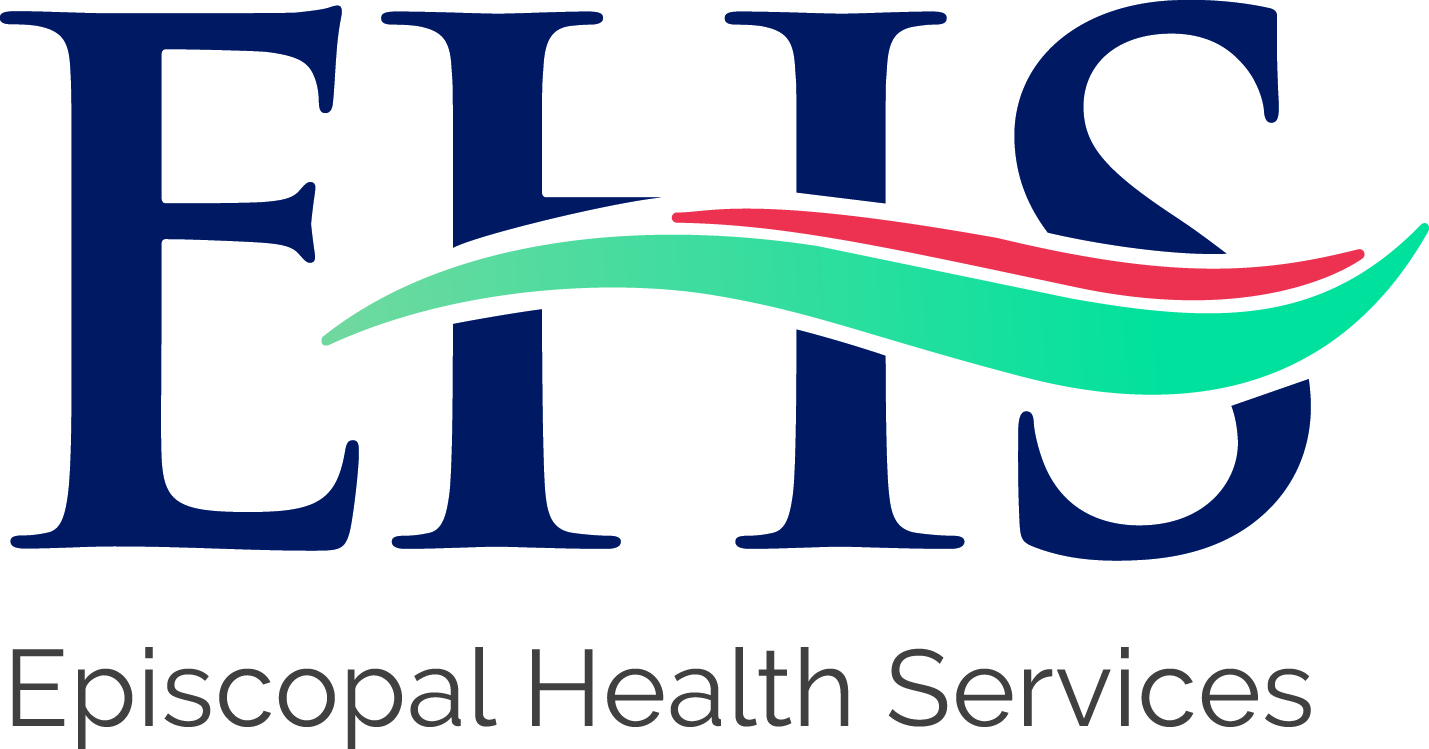Esophageal Cancer
It is important you tell your doctor if you have any signs or symptoms of esophageal cancer, so he or she may determine the cause and plan treatment, if necessary.
What is Esophageal Cancer?
The digestive system, also known as our gastrointestinal system, is the series of organs our bodies use to break down food, absorb nutrients, and excrete waste. Food proceeds from our mouth, down our esophagus, through the stomach, and from the small intestine to the large intestine before excretion. The word “esophageal” refers to the esophagus, the muscular tube that guides food from the oral cavity to the stomach. Therefore, “esophageal cancer” encompasses all cancers that originate in the esophagus.
The wall of the esophagus is made up of several layers of tissue. Esophageal cancer typically starts when cells of the innermost layer multiply uncontrollably and grow outward through the other layers. These other layers contain blood and lymphatic vessels. When cancer grows into these vessels, cancer may spread to other parts of the body.
Signs and Symptoms of Esophageal Cancer
Signs and Symptoms of Esophageal Cancer
The following may be indicative of esophageal cancer but may also be indicative of other illnesses:
- Abnormal, unexplainable weight loss
- Anemia
- Bone pain
- Chest pain
- Coughing
- Darkening of the stool
- Difficulty swallowing
- Discomfort and/or pain in the throat
- Enlarged lymph nodes
- Heartburn
- Hiccups
- Hoarseness in the throat
- Indigestion
- A sensation of a mass in the throat
- Vomiting
It is important you tell your doctor if you have any of these signs and symptoms, so he or she may determine their cause and plan treatment, if necessary.
How Is Esophageal Cancer Detected?
Our specialists collect information regarding medical history, surgical history, social history, and family history; conduct laboratory testing, and review radiological studies to approach patient care in the most comprehensive and personalized manner.
If esophageal cancer is suspected, a doctor will likely order imaging to help arrive at a diagnosis. Imaging might include a CT scan, endoscopy, PET scan, PET-CT scan, ultrasound, or MRI. A CT (computed tomography) scan uses X-rays to generate a three-dimensional picture of the body whereas a PET (positron emission tomography) scan uses a small amount of radioactive tracer to locate any cancer cells by how readily they take up the radiotracer. A PET-CT combines the features of a CT scan with those of a PET scan. An endoscopy is a procedure whereby physicians insert a flexible tube with a small camera to peer inside the body. An MRI (magnetic resonance imaging) uses magnetic fields to generate a detailed representation of the body. Lastly, an ultrasound sends sound waves through the body to generate images of the body’s organs and tissues.
If upon review of your results your doctor notices a mass suspicious for esophageal cancer, he or she will likely order a biopsy in order to make a diagnosis and plan treatment, if necessary.
Stages of Esophageal Cancer
“Staging” occurs when a physician uses to test and scan results to determine which parts of the body are involved by cancer, in this case, esophageal cancer. Staging is important because different stages of esophageal cancer are better addressed with treatments that may differ in amount, combination, or type.
How is Esophageal Cancer treated?
Treatment of esophageal cancer, depending on the stage and type, may include chemotherapy, radiation therapy, and/or surgery. These treatments may be used individually or in combination based on your doctor’s recommendations. It’s important to discuss all of your treatment options with your doctor to help make the decision that best fits your needs. Some important factors to consider when deciding on an esophageal cancer treatment plan include:
- Your age, health, and lifestyle.
- The stage of your cancer.
- Any other serious health conditions you have.
- Your feelings about the need to treat cancer right away.
- Your doctor’s opinion about if you need to treat cancer right away.
- The likelihood that treatment will help fight or cure your cancer.
- Possible side effects of each treatment method.
You may feel the need to make a quick decision, but it is very important to ask questions if there is anything about which you’re not entirely sure. It is very important for you and your doctor to communicate and work together to weigh the benefits of each treatment option against the possible adverse effects in order to ultimately determine which treatment option is best for you.
Our Approach
We understand that a cancer diagnosis can be overwhelming and scary. We build our teams around you. Our expert oncologists will help guide you through this difficult time, answering any questions you may have along the way. We are here for you and will do everything in our power to meet your specific needs and exceed your expectations. If you or a loved one is experiencing symptoms that may be related to cancer, please call us as soon as possible at (855) 528-7322 or make an appointment online.
